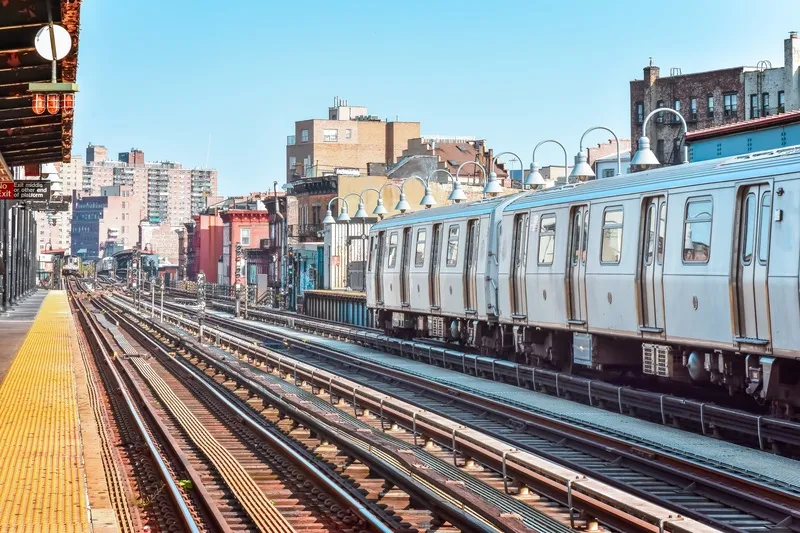
As the Los Angeles Department of Transportation (LADoT) kicks off its $17.8m universal basic mobility (UBM) pilot, another Californian city has just published an initial assessment of its own UBM programme.The City of Oakland’s pilot distributed 500 pre-paid debit cards, each with $300 available (in two loads of $150), so residents could buy trips or passes for transit, bike-share and electric scooters. It runs until November, but a report from Oakland Department of Transportation (OakDoT) and Alameda County Transportation Commission has just laid out some of the lessons learned so far.
On a modest $243,000 budget, its goal was to increase transit, walking, biking and shared mobility trips - while reducing single-occupant vehicle trips near the bus rapid transit (BRT) corridor. (To the latter end, 12,000 flyers about the scheme were mailed to all addresses within a quarter-mile of the BRT).
The findings of the review make interesting reading (see below, Lessons from Oakland) since there are possible pitfalls aplenty. About three-quarters of participants’ households earn less than $40,000 per year and public transit is their primary mode of mobility. That doesn’t mean it’s an affordable option: indeed, over half of people taking part in the pilot said they ‘sometimes’ do not have the money for their preferred transportation mode (with 20% saying that was the case most of the time). However, the programme itself has seen success on its own terms: OakDoT found that 40% of participants had changed the way they travel, with 23% saying they have driven alone less since receiving the pre-paid card. Two-thirds of participants used the card to primarily pay for commuting to work or school – and people in general rode transit more and drove less as their primary mode of transportation.
Distributing the pre-paid cards perhaps created the most difficulty, leading to a lower activation rate than expected, but OakDoT has some ideas about how to overcome that in future. LA’s own pilot will cover much of the economically-disadvantaged south of the city, where 29% of households are below the poverty level. It is working with community-based organisations to identify eligible participants in the pilot, as it looks at a mobility pass for transit and shared mobility for 2,000 subscribers, as well as a pre-enrolled control group of 3,000. It will also, no doubt, be looking hard at the useful lessons from Oakland’s journey into UBM.
Lessons from Oakland
- Prioritise equitable selection alongside mode shift goals. In response to inequities that became prevalent during the Covid-19 pandemic, staff elected to select a representative sample of 500 participants by race and household income (according to US Census data), rather than distributing funds on a first-come, first-served basis. It is important to engage both existing transit and shared mobility riders and vehicle owners to prompt mode shift to sustainable options - while preserving and rewarding existing riders.
- Work through existing community channels. Consider partnering with libraries, community-based organisations, community events and meetings, key stakeholders and other trusted voices in the project area. Staff contacted over 30 organizations throughout this pilot. Seek your partners’ input in the programme design phase - don’t wait until implementation.
- Include technology needs in participation requirements when possible. In addition to providing surveys and project materials in the appropriate language(s), provide the technology and support necessary (when possible) to access and partake in the project. For example, if you have to take a survey to be considered for the programme, have a tablet available when tabling and talking with prospective participants. Be prepared to ‘manoeuvre’ the surveys for individuals by asking the questions aloud and clicking for them.
- Fund distribution method matters. Staff encountered many challenges with mailing pre-paid debit cards directly to programme participants that ultimately required that cards be replaced, resulting in a lower participation rate than anticipated. About 30% of participants’ pre-paid cards were ultimately activated in this pilot. In a future programme iteration, staff will carefully consider alternative distribution options, such as in-person pick-up locations and times throughout the project area.
Source: OakDoT & Alameda County Transportation Commission’s UBM Pilot Overview









